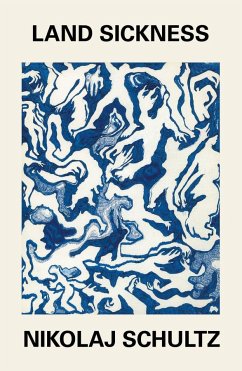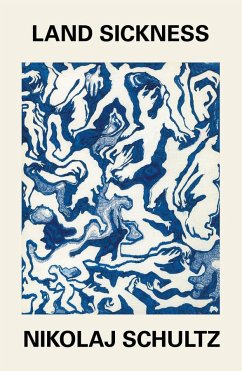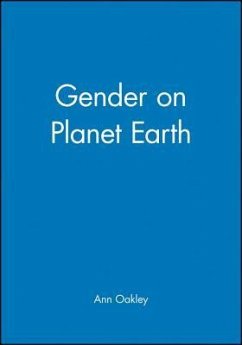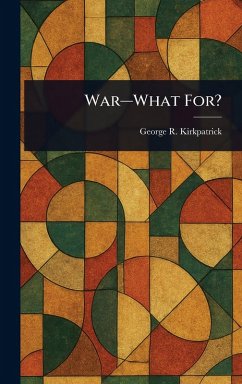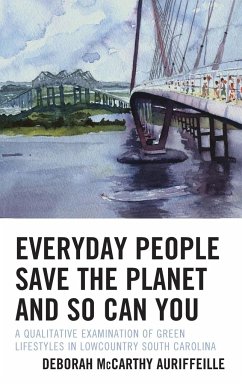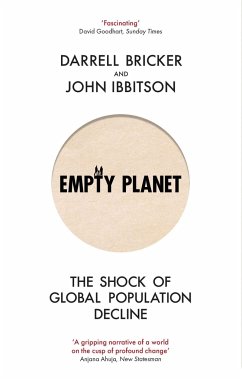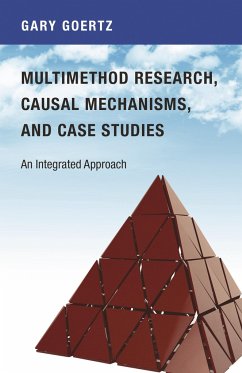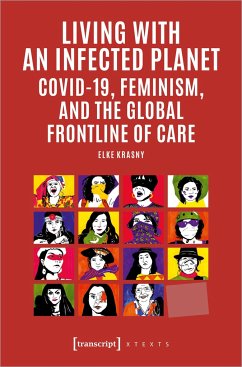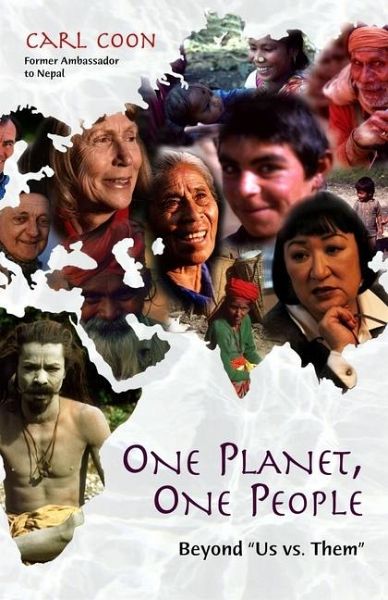
One Planet One People
Beyond Us vs. Them
Versandkostenfrei!
Versandfertig in über 4 Wochen
18,99 €
inkl. MwSt.

PAYBACK Punkte
9 °P sammeln!
In this succinct overview of the evolution of human society, career diplomat Carl Coon argues that the 21st century will witness a crucially important and difficult transition for the human race. Blending the disciplines of anthropology and evolutionary psychology with the experience of over thirty years in the diplomatic corps, Coon makes a persuasive case that no time in the history of the planet has been more critical since the emergence of language, some fifty thousand years ago.
In this succinct, highly readable overview of the evolution of human society, the author argues that the 21st century will witness a crucially important and difficult transition for the human race. Blending the disciplines of anthropology and evolutionary psychology with over thirty years of experience in the diplomatic corps, Coon traces the evolution of the human tendency to divide others into two groups, "us versus them." People tend instinctively to behave altruistically toward members of their own in-group, and to react with suspicion, or even hostility, toward outsiders. He points out that complex human societies became possible only when cultural attitudes and mechanisms became accepted that encouraged individuals to define their in-groups in more expansive ways. Thus small kin-based bands grew into villages, kingdoms, and, eventually, the modern nation-state. Today, he argues, we have reached a stage where the whole world must be viewed as "us," for only a united world community can cope with today's global challenges.



